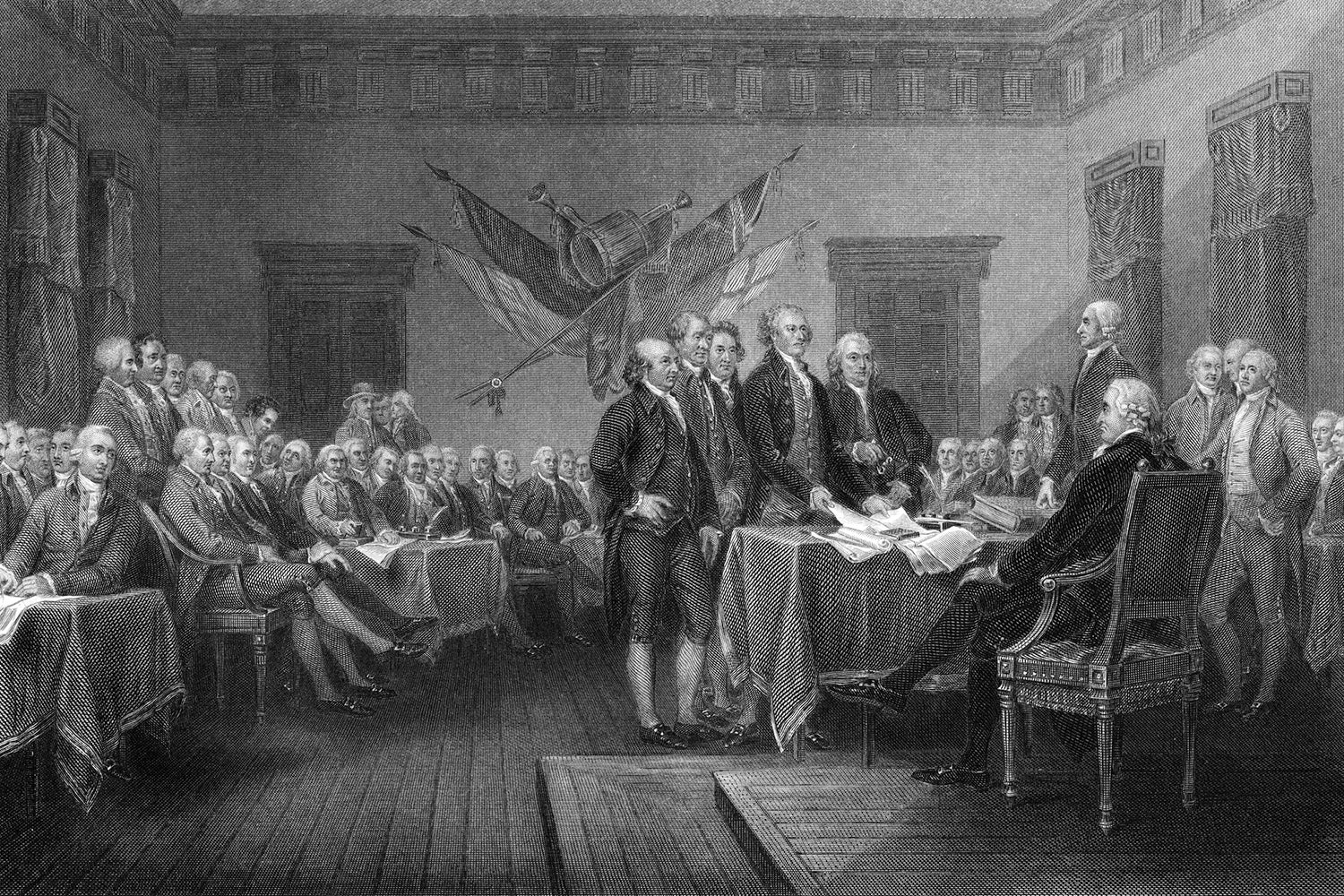Introduction: The Enduring Influence of Booker T Washington
In the annals of American history, few figures loom as large as Booker T Washington. A trailblazing educator, orator, and advocate for social progress, Washington’s impact resonates to this day, shaping the course of education and civil rights in the United States. Through his tireless efforts and visionary leadership, he navigated the tumultuous landscape of post-Civil War America, championing the cause of African American advancement and laying the foundation for a more inclusive society.
Early Life and Education: The Making of a Visionary
Booker Taliaferro Washington was born into slavery on April 5, 1856, in Hale’s Ford, Virginia. Despite the daunting challenges of his upbringing, Washington displayed an insatiable thirst for knowledge and a remarkable determination to transcend the limitations imposed by his circumstances. Following the abolition of slavery, he pursued his education with unwavering resolve, attending the Hampton Normal and Agricultural Institute (now Hampton University), where he honed his intellect and cultivated his passion for learning.
The Tuskegee Institute: A Beacon of Hope and Empowerment
Founding and Early Years
In 1881, Booker T Washington embarked on his most significant endeavor yet: the establishment of the Tuskegee Normal and Industrial Institute (now Tuskegee University) in Alabama. Fueled by his belief in the transformative power of education and vocational training, Washington sought to provide African Americans with the tools they needed to achieve economic self-sufficiency and social uplift. With a meager budget and limited resources, he transformed Tuskegee into a thriving institution, offering practical education in agriculture, trades, and life skills to its students.
Philosophy of Education
Central to Booker T Washington philosophy of education was the notion of self-reliance and industriousness. He emphasized the importance of acquiring practical skills and cultivating a strong work ethic as essential components of individual and collective progress. Through hands-on learning and community engagement, he sought to instill in his students a sense of pride, dignity, and purpose, empowering them to overcome adversity and achieve success in the face of systemic oppression.
The Atlanta Compromise: A Blueprint for Progress
In 1895, Booker T. Washington delivered his famous Atlanta Compromise speech at the Cotton States and International Exposition in Atlanta, Georgia. In his address, he advocated for a pragmatic approach to race relations, urging African Americans to focus on economic advancement and self-improvement rather than agitating for immediate political and social equality. While controversial in its time, the Atlanta Compromise laid the groundwork for interracial cooperation and economic development in the South, offering a vision of reconciliation and progress amidst the turbulence of the Jim Crow era.
Legacy and Impact: Booker T Washington Enduring Influence
Educational Legacy
Booker T Washington legacy as an educator and institution-builder is indelibly etched in the fabric of American history. The Tuskegee Institute served as a model for the establishment of similar institutions across the South, providing generations of African Americans with access to quality education and opportunities for socioeconomic advancement. His emphasis on practical education and vocational training revolutionized the way African Americans were educated, paving the way for future generations of leaders and innovators.
Booker Taliaferro Washington (April 5, 1856 – November 14, 1915) was an American educator, author, orator, and advisor to presidents. Between 1890 and 1915, Washington was the most influential spokesperson for Black Americans and of the contemporary Black elite. He founded Tuskegee University, a historically Black university in Tuskegee, Alabama.
Opens in a new window en.wikipedia.org
Booker T. Washington
Life and Accomplishments:
Born into slavery: Born into slavery on April 5, 1856, in Hale’s Ford, Virginia. He was freed when U.S. troops reached the area during the Civil War.
Early life: As a young man, Booker T. Washington worked his way through Hampton Normal and Agricultural Institute and attended college at Wayland Seminary.
Founded Tuskegee Institute: In 1881, Washington founded the Tuskegee Institute, a school that provided vocational and academic education to Black Americans. The institute grew into a major force in the education of Black Americans in the South. Opens in a new window britannica.com
Tuskegee Institute
Accommodationist approach: Washington advocated for racial progress through economic self-sufficiency and vocational training, believing it would lead to greater acceptance and equality. He was criticized by some for his accommodationist approach, but he was also widely respected for his intellect, character, and dedication to improving the lives of Black Americans.
Influential leader: Washington served as an advisor to presidents Theodore Roosevelt and William Howard Taft. He was also a popular speaker and writer, and he published several books, including his autobiography, Up From Slavery. Opens in a new window www.amazon.com
Up From Slavery book
Legacy:
Tuskegee University: Remains a thriving institution with a global reach.
Promoted the value of education: His belief in education as a key to progress for African Americans continues to resonate.
Controversy and debate: His accommodationist approach remains a subject of historical debate, with its merits and limitations examined to this day.
Further Exploration:
Booker T. Washington National Monument: In Hale’s Ford, Virginia, where he was born, offers exhibits about his life and legacy.
His writings: “Up From Slavery” and other works provide his own perspective on his life and beliefs.
Numerous biographies and historical studies: Offer diverse perspectives on his life and impact.
I hope this comprehensive overview provides a valuable understanding of Booker T. Washington’s life and achievements.
Civil Rights Leadership
Beyond his contributions to education, Booker T Washington played a pivotal role in the early civil rights movement, advocating for racial uplift and social justice in the face of entrenched discrimination and prejudice. While criticized by some for his accommodationist approach, Washington’s commitment to gradualism and interracial cooperation laid the groundwork for the eventual dismantling of segregation and the advancement of civil rights in America. His tireless advocacy and unwavering optimism continue to inspire activists and reformers to this day.
Conclusion: Honoring the Legacy of Booker T. Washington
In conclusion, Booker T Washington stands as a towering figure in American history, revered for his visionary leadership, unwavering commitment to education, and steadfast advocacy for social progress. From his humble beginnings as a former slave to his role as a prominent educator and statesman, he exemplified the power of perseverance, resilience, and determination in the face of adversity. As we reflect on his life and legacy, let us honor his memory by continuing to strive for equality, justice, and opportunity for all.
Frequently Asked Questions (FAQs)
1. What were Booker T. Washington’s major contributions to education?
Booker T. Washington made significant contributions to education through the establishment of the Tuskegee Normal and Industrial Institute (now Tuskegee University). He emphasized practical skills and vocational training, providing African Americans with the tools they needed for economic self-sufficiency and social advancement.
2. How did Booker T. Washington’s philosophy of education differ from other prominent leaders of his time?
Booker T. Washington’s philosophy of education focused on practical skills and self-reliance, emphasizing the importance of economic empowerment and individual initiative. This approach contrasted with the more academic and politically-oriented philosophies espoused by other leaders such as W.E.B. Du Bois.
3. What was the significance of Booker T. Washington’s Atlanta Compromise speech?
Booker T. Washington’s Atlanta Compromise speech, delivered in 1895, called for cooperation between African Americans and whites in the South, particularly in the realm of economic development. While controversial, the speech represented a pragmatic approach to race relations and laid the groundwork for future efforts towards social progress.
4. How did Booker T. Washington’s upbringing influence his later work and advocacy?
Born into slavery, Booker T. Washington experienced firsthand the injustices and hardships faced by African Americans in the South. His upbringing instilled in him a deep commitment to improving the lives of his fellow African Americans through education and self-improvement.
5. What challenges did Booker T. Washington face in his efforts to advance the cause of African American education?
Booker T. Washington faced numerous challenges in his efforts to advance African American education, including limited resources, institutional racism, and resistance from both white supremacists and some members of the African American community who advocated for more radical forms of protest and activism.
6. What is Booker T. Washington’s legacy in the context of civil rights and social justice?
Booker T. Washington’s legacy in the context of civil rights and social justice is complex and multifaceted. While he advocated for gradualism and accommodationism in the pursuit of racial equality, his emphasis on economic empowerment and education laid the groundwork for future civil rights leaders and movements.
7. How did Booker T. Washington’s approach to leadership influence future generations of African American leaders?
Booker T. Washington’s approach to leadership, characterized by pragmatism, resilience, and a focus on tangible results, served as a model for future generations of African American leaders. His emphasis on education, self-help, and community upliftment continues to resonate in the work of activists and advocates today.
8. What is the significance of the Tuskegee Institute in African American history?
The Tuskegee Institute, founded by Booker T. Washington in 1881, played a pivotal role in African American history as a beacon of education, empowerment, and community development. It provided countless individuals with the opportunity to acquire skills and knowledge that empowered them to pursue their dreams and contribute to the advancement of their communities.
9. How can we continue to honor and preserve Booker T. Washington’s legacy today?
We can continue to honor and preserve Booker T. Washington’s legacy by supporting educational initiatives that prioritize the needs of underserved communities, advocating for policies that promote economic opportunity and social justice, and fostering dialogue and collaboration across racial and cultural divides.
10. What lessons can we learn from Booker T. Washington’s life and leadership?
Booker T. Washington’s life and leadership offer valuable lessons in resilience, perseverance, and the power of education to effect positive change. His commitment to uplifting the most marginalized members of society serves as an enduring inspiration for all those who strive for a more just and equitable world.
These FAQs aim to provide additional insights into the life, work, and legacy of Booker T. Washington, addressing common questions and shedding light on the enduring significance of his contributions to American history and culture.












